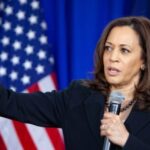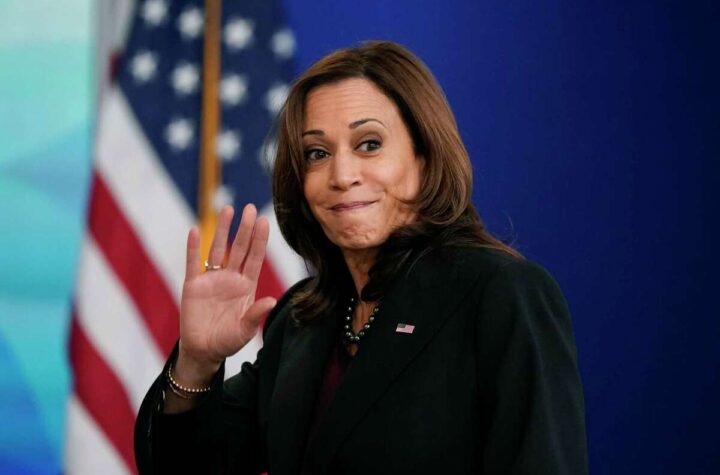Iran’s President Ebrahim Raisi pointed a finger squarely at Israel, alleging their involvement in the dual explosions that shook a memorial ceremony near the burial site of General Qasem Soleimani. The aftermath of the blasts, labelled a ‘terrorist attack,’ cast a sombre shadow as the death toll surpassed 100. Raisi, in a televised address, didn’t mince words, cautioning Israel about a forthcoming “heavy price” and promising a punishment deemed “regrettable and severe.”
Adding a layer of complexity, Raisi and his political deputy, Mohammad Jamshidi, expanded the blame to include the United States. Jamshidi took to social media, stating, “Washington says the USA and Israel had no role in the terrorist attack in Kerman, Iran. Really? A fox smells its own lair first.” He categorically accused both the U.S. and Israel of being behind the attacks, emphasising, “The responsibility for this crime lies with the US and Zionist regimes (Israel), and terrorism is just a tool.”
Israel maintained a stoic silence regarding the allegations. The Israeli military offered “no comment,” and their army spokesman, Daniel Hagari, redirected attention, stating, “We are focused on the combat with Hamas.” This comes as the region has already grappled with heightened tensions due to conflicts such as the Israel-Hamas war in Gaza and the recent killing of a Hamas leader in Lebanon.
Amid this geopolitical maelstrom, the U.S. staunchly denied any involvement. State Department spokesman Matthew Miller asserted, “The United States was not involved in any way,” emphasising there was no reason to believe Israel played a role.
The explosions coincided with Iran’s solemn commemoration of the anniversary of General Soleimani’s 2020 killing in a U.S. drone strike. Soleimani, a towering figure in Iran, helmed the Islamic Revolutionary Guard Corps and commanded the Quds Force, playing a crucial role in extraterritorial and covert military operations. His assassination by the U.S. further escalated tensions in the region, with the U.S. accusing him of orchestrating operations that resulted in the deaths of over 600 American personnel since 2003.
As accusations reverberate among Iran, Israel, and the U.S., the situation remains highly charged, with potential geopolitical implications that could reverberate far beyond the immediate incident. The intricacies of this web of accusations and denials illustrate the fragility of relations in a region already grappling with multiple flashpoints.











More Stories
Zelensky calls on the Prime Minister to assist in lifting weapon restrictions in Ukraine
Business Rankers to present 2nd Edition of “India MSME Week-2024” in Jaipur
Adopting Digital Transformation in Sustainability Reporting with ESRS Set 1 XBRL Taxonomy